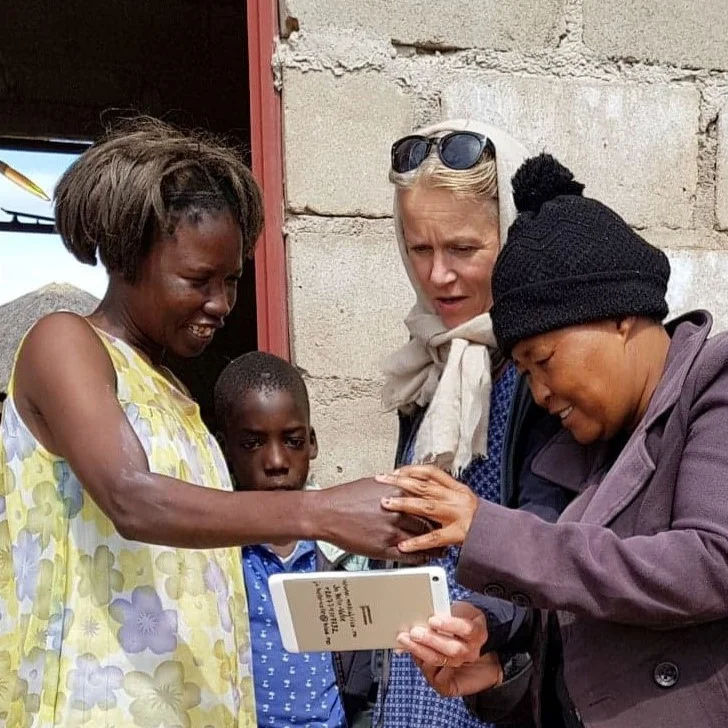Nanna Schneidermann's article Distance/Relation- Doing Fieldwork with Social Media has recently been published in the journal Forum For Development Studies as part of a special issue on Qualitative Methodologies in Development Studies, edited by Hilde Arntsen and Anne Waldrop. The article is available for free download for a period of time.
As social media become part of everyday lives across the world, ethnographers are confronted with questions about how to approach the field ‘online’ and what kinds of data social media might generate in research projects that do not have media as their field of inquiry. Based on 16 months of fieldwork among young music artists in Uganda, this article demonstrates how doing fieldwork with social media can shape the research process, both in and out of the field. Drawing from philosopher Martin Buber’s ideas about relation and distance, I argue that though the twofold movement between distance and relation is conditional for human sociality, the shifting tension between these two modes are urgently present in ethnographic fieldwork, and set in motion in new ways, when the field moves online.





